SUMMARY
This is AI generated summarization, which may have errors. For context, always refer to the full article.
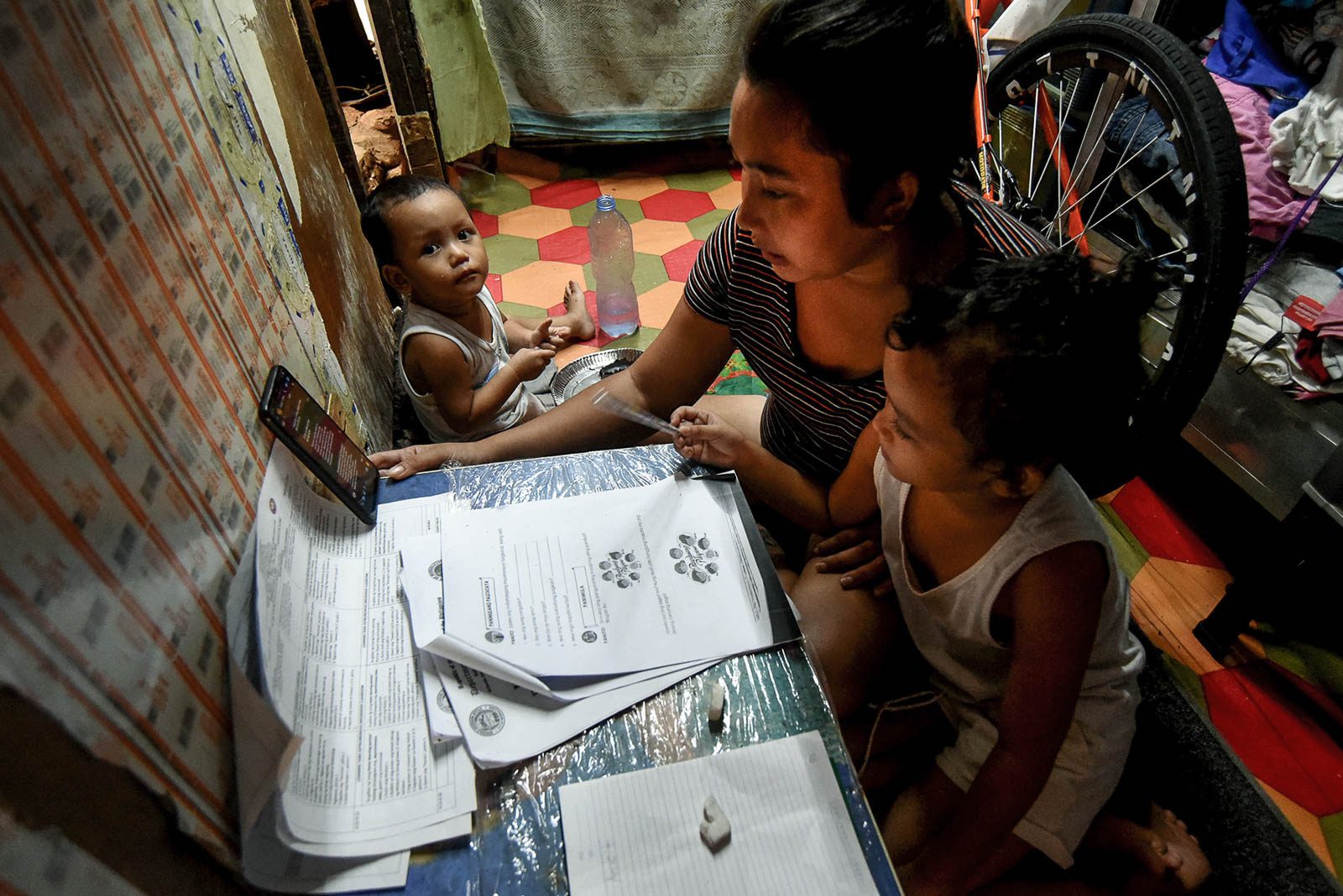
Weeks after public schools in the country opened, the Department of Education (DepEd) is still facing constant criticism over its supposed lack of readiness for the new academic year. (READ: ‘We’re not perfect’: DepEd appeals for public understanding after module blunders)
The opening of classes was delayed twice to allow schools, teachers, students, and parents to prepare for the demands of distance learning. But the postponements, it seemed, were not enough to ensure that the education department’s learning materials were error-free. (READ: FAST FACTS: DepEd’s modular learning)
In an October 8 interview, Education Undersecretary Diosdado San Antonio admitted that not all modules prepared this year underwent “quality assurance.”
In a virtual press briefing on October 12, Education Undersecretary Alain Pascua, who is in charge of DepEd TV on local channel IBC-13, downplayed errors found in its episodes for distance learning, saying that there were only two faulty episodes out of the 111 it had produced. (READ: DepEd downplays errors found in TV episodes)
Here are some of the instances when the DepEd shared incorrect information to millions of Filipino students.
“Painful” grammatical error
In one of the DepTV episodes aired in August for a test broadcast, Filipinos online spotted a grammar error in a sample questionnaire for a Grade 8-level English course. Students were asked to define the word “picturesque,” but it was used incorrectly in the sentence.
One correct way to rewrite the sentence would have been: “Tagaytay City is known for the picturesque Mount Taal.”
The DepEd said the grammatically incorrect material was due to a typing error and assured the public it would not happen again.
Unfortunately, learning module mishaps continued to surface on social media since then.
Wrong math equation
On October 6, a day after school opened, netizens spotted a mathematical equation with an incorrect solution in a lesson aired on DepEd TV and streamed on Facebook. (READ: Uh-oh: DepEd in hot water again for error in math equation aired on TV)
In math, dividing any number by 0 is not possible because its result would be undefined.
“The reason that the result of a division by zero is undefined is the fact that any attempt at a definition leads to a contradiction,” an online lesson from the University of Utah explained.
The correct way of solving the problem is to divide both sides of the equation by 2. Then x is 0.
In a statement, Pascua apologized for the mistake again and urged the public not to single out their mistakes.
Sound of an airplane?
On October 7, Kristine Joy Hebrado Rivera, a mother of a grade 1 student in a public school in Rizal, was baffled by a question in a learning module, which asked about the sound of an airplane. The choices were: a) weng-weng-weng, b) eng-eng-eng, c) wii-wii-wiii, d) Pipip-pipip-pipip.
Because none of her family members could help her out, she decided to post a photo of the question on Facebook, hoping that someone could come up with an answer.

What indeed, among the choices, would be the sound of an airplane?
Black and white, color matching type
How can students learn about the different colors when their modules aren’t colored to begin with?
On October 8, Filipinos online posted a page of a learning module on Facebook, where students were instructed to match crayons with their respective hues – except that the module was printed in grayscale.
San Antonio acknowledged this error as well.
Gender stereotypes in children’s toys
It also seems the DepEd still needs to do a lot of reading on gender stereotyping, especially given its commitment to the United Nations Committee on the Elimination of Discrimination against Women (CEDAW).
On October 19, social media was abuzz over the printed learning module for Grade 1, where students were instructed to encircle toys that were for girls and box those meant for boys.
But one student named Ayesha was untroubled by gender stereotypes and drew both circles and boxes around all the toys, arguing that any toy could be for any sex.
San Antonio acknowledged the fact that gender stereotypes in learning modules also needed to be rectified.
Module referring Angel Locsin as obese
On November 13, the DepEd apologized for yet another controversial module for distance learning. This time, it was a physical education worksheet that called actress Angel Locsin an “obese person.”
DepEd-Occidental Mindoro division explained that the module did not go through quality assurance from the DepEd Central Office.
“The said material was a teacher-made assessment for a Grade 10 MAPEH class purposely to measure specific competencies of the learning area,” DepEd-Occidental Mindoro said in an official statement.
People with tattoos are “criminals”
On November 17, actress Lea Salonga expressed disappointment over a part of a learning module implying people with tattoos are “criminals.”
In the photo posted by Salonga, students were asked to determine what tattoo symbolizes. The choices were: a.) pagiging kriminal (being a criminal); b.) pagkaalipin (being a slave); c.) kagitingan at kagandahan (bravery and beauty); d.) pagiging mababa ng katayuan sa lipunan (being a low class in the society).
Based on the answer key provided in the module, the correct answer was A, or “being a criminal.”
On November 19, Education Undersecretary Diosdado San Antonio acknowledged the misstep and said DepEd has already issued an erratum.
These are just some of the learning module mishaps that the DepEd is responsible for, Rappler has verified.
More module errors
San Antonio, in a press conference on October 23, said they received a total of 56 reports of learning module mishaps through the agency’s DepEd Error Watch.
After verification, San Antonio said that 30 of the reported erroneous modules were from DepEd. 27 are from DepEd’s schools division offices (SDOs), while 3 are from the DepEd central office (CO). 20 were factual, while 7 were computational or math equation-related. (READ: DepEd downplays errors found in TV episodes)
He said that while there were Quality Assurance (QA) protocols in place for every level of the learning modules, whether locally-produced or made by the central office, errors still went unchecked.
San Antonio, however, did not provide the full details of the 30 errors.
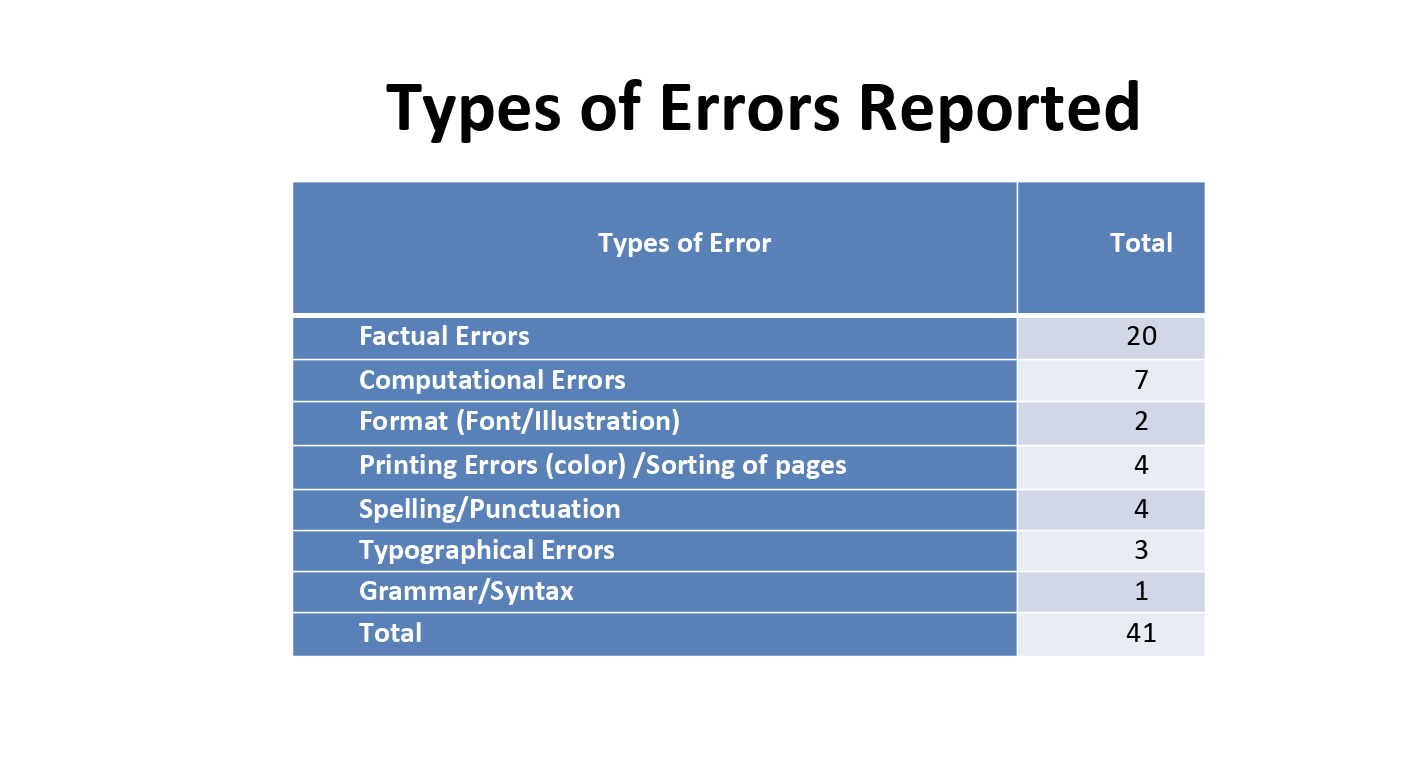
These mistakes are a telling sign that much still needs to be improved in the country’s education system, and blunders will continue to be spotted for now.
Even before the pandemic, erroneous textbooks for public schools have always been a problem. In 2019, the Commission on Audit (COA) flagged the DepEd, asking it to correct the errors in P254-million worth of textbooks being used in public schools.
Wrong rhythmic pattern in music class
On December 21, the DepEd uploaded a video teaching students with rhythmic patterns in a Music class. Netizens were quick to point out that a teacher in the video was demonstrating rhythmic patterns and time signatures in a wrong way.
The teacher was seen clapping 4 times to represent the whole note. But the correct way of demonstrating it is to clap once and keep her hands together while counting 4 beats.

The teacher also confused the time signatures with fractions. She pronounced 4|4 as “four-fourths” instead of “four-four.”
The video has been taken down as of January 1. Rappler reached out to DepEd for comment, but they have yet to respond as of posting.
During this pandemic, learning modules play an important role in the learning of millions of public school students.
While mishaps in the learning materials can be disturbing, the distance learning system allows for greater transparency, which a traditional physical classroom setup does not. The silver lining here is that distance learning can facilitate the correction of fatal errors in learning materials used by students.
Have you seen any erroneous information in DepEd’s learning modules? Let us know and tag us on Twitter @rapplerdotcom! – Rappler.com
Add a comment
How does this make you feel?
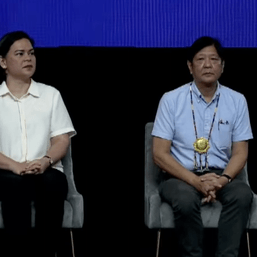
![[The Slingshot] Red zipper on the mouth of Sara Duterte](https://www.rappler.com/tachyon/2024/04/TL-red-zipper-sara-duterte-april-12-2024.jpg?resize=257%2C257&crop=335px%2C0px%2C720px%2C720px)
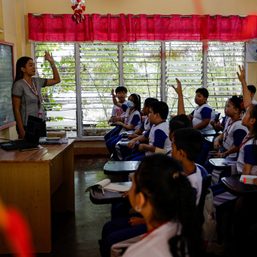
![[OPINION] How about setting up a heat health warning system in PH schools?](https://www.rappler.com/tachyon/2024/04/heat-health-warning-system-in-PH-schools.jpg?resize=257%2C257&crop_strategy=attention)

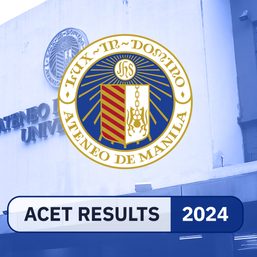
![[Time Trowel] Mentorship matters](https://www.rappler.com/tachyon/2024/04/mentorship-matters.jpg?resize=257%2C257&crop_strategy=attention)
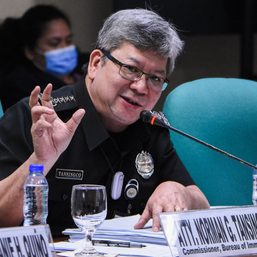

There are no comments yet. Add your comment to start the conversation.